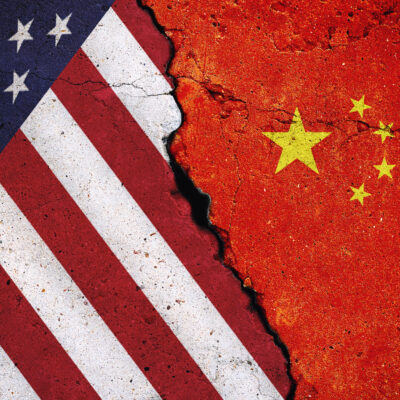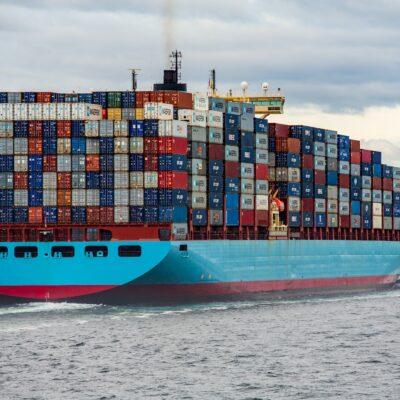
Taxing imported goods is unpopular with economists, but it could help the U.S. lower the trade deficit, strengthen its industrial base and safeguard national security.
Recommended Reading
Economists have reacted poorly to Donald Trump’s recent proposal for a 10% tariff on all imports. Adam Posen, president of the Peterson Institute for International Economics, called it “lunacy” and “horrifying.” According to Michael Strain, director of economic policy studies at the American Enterprise Institute, it would be “a disaster for the U.S. economy.”
But why? After all, tax revenue is necessary to provide public services, and tariffs have long proved an effective way to collect it. In 1789, the first law in the first Congress—advocated by Alexander Hamilton, introduced by James Madison and signed by George Washington on the Fourth of July—established a tariff not unlike Trump’s. For much of the nation’s history, while growing from colonial backwater to continent-spanning industrial colossus, the U.S. imposed some of the world’s highest tariffs, which were the primary means of funding the federal government.
Tariffs are distinctive as a source of revenue because they tilt the market away from imports and toward domestic production. Whether that’s desirable or disastrous hinges on a series of questions that go to the heart of economic thinking: Does making things matter? Do a nation and its economy require a strong industrial base? Is a persistent trade deficit a problem?
Recommended Reading
A Hard Break from China
Protecting the American Market from Subversion by the CCP
Policy Brief: The Global Tariff
Levy a tariff on all imports that rises until trade is balanced
Policy Brief: The Import Certificate
Balance trade by requiring importers to purchase credits from exporters.













